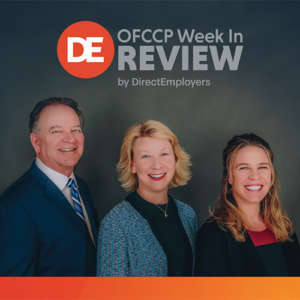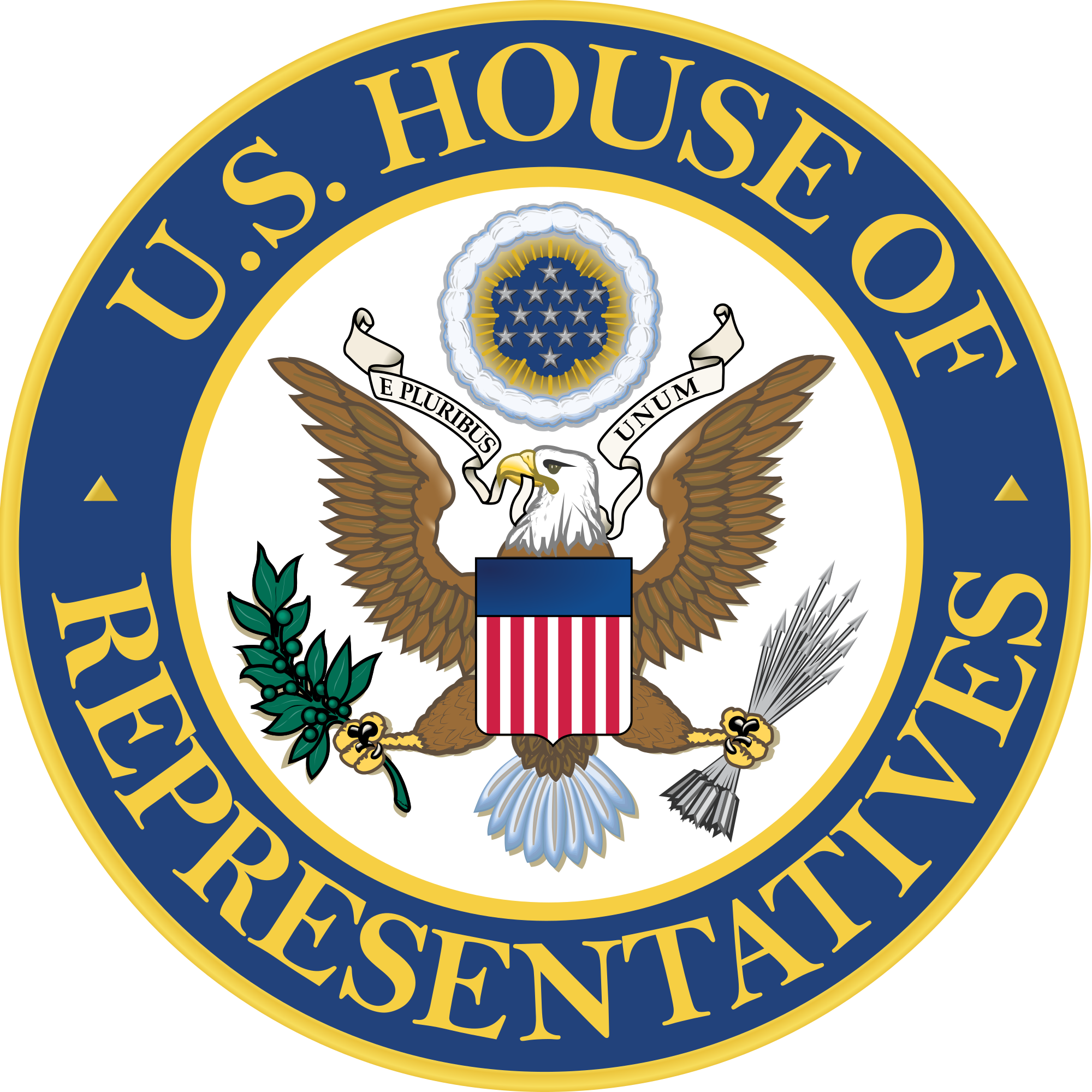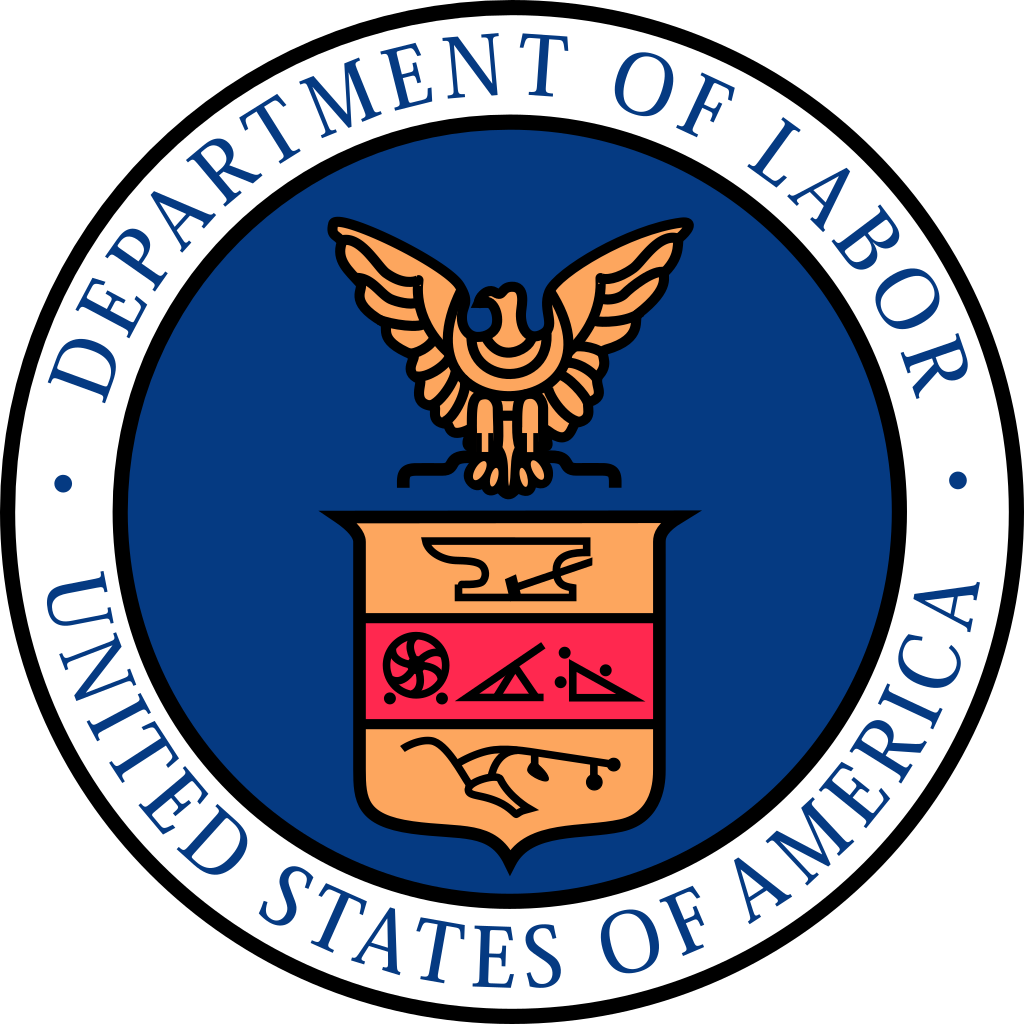
- Open Virtual Meeting on Veteran Employment & Employer Outreach
- Bill Introduced To End Subminimum Wage for Individuals with Disabilities
- ODEP, OFCCP, and Women’s Bureau To Host National Dialogue Seeking Equity in Employment for Historically Underserved Individuals with Disabilities
- Disability:IN Shared Disability Inclusive Illustrations
- President Biden’s Budget to Enforce Federal Contractor Obligations
- President Biden Announced Nominee To Head OSHA
Monday, April 5, 2021: Open Virtual Meeting on Veteran Employment & Employer Outreach

Meeting Topic
The U.S. Department of Labor’s (USDOL) core veteran employment programs and services and to raise employer awareness of the advantages of hiring veterans.
Meeting Details
Thursday, April 29, 2021
9:00 a.m. – 12:00 p.m. (EST)
There will be an opportunity for individuals or organizations to address the Committee. Any individual or organization that wishes to do so should contact Mr. Gregory Green at ACVETEO@dol.gov.
See the announcement for a detailed agenda.
Monday, April 5, 2021: Bill Introduced To End Subminimum Wage for Individuals with Disabilities

Subminimum Wage
Under Section 14(c) of the Fair Labor Standards Act, employers can apply for special certificates from the U.S. Department of Labor to pay individuals with disabilities less than the federal minimum wage. There is no minimum floor for the hourly wage that an employer can pay an individual with a disability under these certificates.
According to a Fact Sheet the Committee on Education & Labor published along with Representative Scott’s bill, New Hampshire, Maryland, Alaska, and Oregon, all have eliminated the use of 14(c) by statute; additionally, Maine, Wyoming, and Vermont have no active 14(c) certificates. Also, several major cities, including Seattle, Reno, Chicago, and Denver, have stopped allowing 14(c) certificates.
The Bill includes a 5-year phase-out for Section 14(c) certificate holders and competitive grant programs to help states transition their business models to support individuals with disabilities in competitive, integrated employment.
Wednesday, April 7, 2021: ODEP, OFCCP, and Women’s Bureau To Host National Dialogue Seeking Equity in Employment for Historically Underserved Individuals with Disabilities

- communities of color,
- religious minorities,
- LGBTQ+ persons,
- rural communities, and
- those otherwise affected by persistent poverty or inequality.
The Office of Disability Employment Policies (ODEP), the Office of Federal Contract Compliance Programs (OFCCP) and the Women’s Bureau are co-hosting this dialogue.
National Dialogue Details
Dates: April 12th – 26th, 2021
Register: RacialEquity.ideascale.com
Goals:
- Discuss employment challenges faced by individuals with disabilities;
- Identify ways to reach jobseekers and employees with disabilities in underserved communities;
- Identify programs or policies that advance racial and social equity in employment; and
- Brainstorm methods for assisting employers, workers, and other stakeholders.
The dialogue follows Executive Order 13985, “Advancing Racial Equity and Support for Underserved Communities through the Federal Government,” signed by President Biden on Jan. 20, 2021. (See WIR 01/25/21)
Wednesday, April 7, 2021: Disability:IN Shared Disability Inclusive Illustrations

“In an effort to empower businesses to achieve disability inclusion and equality, we encourage corporations to use these illustrations. Whether it’s a blog post on accessibility or an email campaign on mental health, we’ve assembled a collection of illustrations to add a bit of creativity to your communications.”


Illustrations by Jordan Nicholson
Friday, April 9, 2021: President Biden’s Budget to Enforce Federal Contractor Obligations

The Big Picture
The discretionary request proposes $769 billion in non-defense discretionary funding (16% increase over FY 2021) and $753 billion for national defense programs (1.7% increase over FY 2021).
Summary of Funding Request
A section of the President’s requested civilian agencies budget titled “Advancing Equality” includes a section titled “Redressing Longstanding Injustice.” Of importance to OFCCP and the EEOC, the President seeks what he described as (unquantified) significant budget increases for civil rights offices and activities across Federal agencies to “ensure that the Nation’s laws are enforced fairly and equitably.” (See Outline, Enclosure 1 at pg. 11)
Summaries for Major Agencies
The U.S. Department of Labor’s discretionary request includes $14.2 billion (a $1.7 billion increase or a 14% increase from FY 2021). Although there is no direct mention of the OFCCP, the last sentence in the first bulleted area calls out the effort to restore resources to oversee and enforce Federal contractor obligations. (See Outline, Enclosure 2 at pg. 23)
- Empower and Protect American Workers:
“To ensure workers are treated with dignity and respect in the workplace, the discretionary request invests $2.1 billion, an increase of $304 million or 17 percent over the 2021 enacted level, in the Department’s worker protection agencies.
Over the past four years, DOL worker protection agencies have lost approximately 14 percent of their staff, limiting DOL’s ability to perform inspections and conduct investigations. The proposed funds would enable the Department to conduct the enforcement and regulatory work needed to ensure workers’ wages, benefits, and rights are protected, address the misclassification of workers as independent contractors, and improve workplace health and safety.
The discretionary request also ensures fair treatment for millions of workers by restoring resources to oversee and enforce the equal employment obligations of Federal contractors, including protections against discrimination based on race, gender, disability, gender identity, and sexual orientation.” (emphasis added)
- Expand Access to Registered Apprenticeships
- Increase Skill-Building Opportunities so Workers Can Build a Better Future
- Increase Access and Equity in the Unemployment Insurance System
- Support Worker Training for New Careers in Clean Energy
U.S. Secretary of Labor Marty Walsh supported the President’s budget request in a statement saying,
“As a reflection of the people’s needs, this funding proposal recognizes the need for workers’ rights to be enforced, the need for expanded and diversified registered apprenticeship opportunities, the need for a stronger, more efficient unemployment insurance system and the overarching need for equity in all we do.”
The House Appropriations Committee will now undertake deliberations to formulate a budget to propose to the House of Representatives and thereafter to the Senate and thereafter to the President.
Friday, April 9, 2021: President Biden Announced Nominee To Head OSHA

Douglas L. Parker of San Francisco, California, previously served in the Obama Administration as Deputy Assistant Secretary for Policy in the Department of Labor’s Mine Safety and Health Administration. He was a member of the Biden-Harris transition team focused on worker health and safety issues. Parker also held positions as a senior policy advisor and special assistant at the Department of Labor. He currently serves as the chief of California’s Division of Occupational Safety and Health (Cal/OSHA), a position he has held since 2019. Before his appointment to Cal/OSHA, Parker was executive director of Worksafe, an Oakland, California-based legal services provider.
THIS COLUMN IS MEANT TO ASSIST IN A GENERAL UNDERSTANDING OF THE CURRENT LAW AND PRACTICE RELATING TO OFCCP. IT IS NOT TO BE REGARDED AS LEGAL ADVICE. COMPANIES OR INDIVIDUALS WITH PARTICULAR QUESTIONS SHOULD SEEK ADVICE OF COUNSEL.
SUBSCRIBE.
Compliance Alerts
Compliance Tips
Week In Review (WIR)
Subscribe to receive alerts, news and updates on all things related to OFCCP compliance as it applies to federal contractors.
OFCCP Compliance Text Alerts
Get OFCCP compliance alerts on your cell phone. Text the word compliance to 55678 and confirm your subscription. Provider message and data rates may apply.


